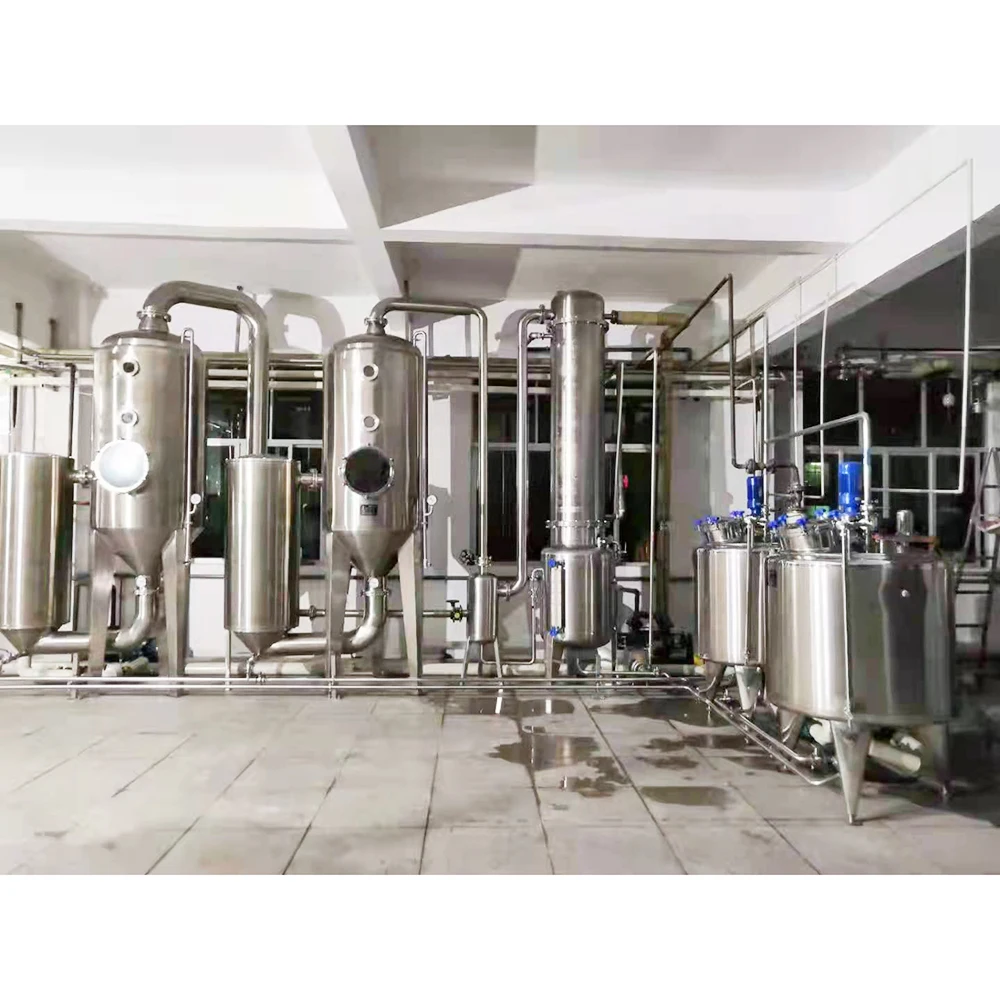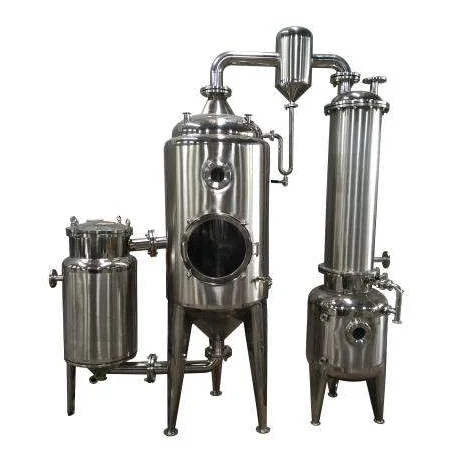ABOUT
Wenzhou Vince Machinery Science Co., Ltd. was established in early 1980s. Our company covers an area of 6500 square meters and is an independent legal representative firm, possessing rich economic technology strength. Our company is a high tech enterprise and plays an important role in national dairy, foodstuff, pharmacy and machinery industries. We are a beverage machinery supplier.
Since the establishment, our company has mainly engaged in dairy products, foodstuff, beverage machinery, bean products, yellow wine, medicines and fermentation projects. What's more, our company supplies a complete sequence services in manufacturing, installation, test and personnel train, as well as the whole direction service design and consulting service on product project construction or enlargement artistic distribution engineering sets budget.
The Impact of Agitating Tanks on Product Quality
Enhanced Mixing and Blending
Agitating tanks are designed to promote efficient mixing and blending of different components. The mechanical agitation created by the impeller ensures uniform distribution of ingredients, resulting in a consistent and homogenous product. This is particularly important in industries where precise ingredient ratios are crucial, such as pharmaceuticals, where even slight variations can affect drug efficacy and safety. For instance, in the production of pharmaceutical suspensions, agitating tanks play a crucial role in ensuring that the active ingredients are evenly dispersed throughout the suspension, resulting in uniform dosage and therapeutic effectiveness.
Improved Reaction Rates
In chemical processes, agitating tanks can significantly influence reaction rates. By providing efficient mixing, agitators promote contact between reactants, leading to faster and more complete reactions. This is particularly important for reactions involving solid reactants or where the reaction rate is limited by mass transfer. For example, in the synthesis of polymers, agitation ensures uniform dispersion of monomers, leading to controlled polymerization and desired molecular weight distribution of the polymer.
Enhanced Heat Transfer
Agitating tanks can effectively facilitate heat transfer during chemical reactions or processing. By creating turbulence, the agitator increases the contact surface area between the reaction mixture and the heat transfer surface, enhancing the rate of heat transfer. This is crucial for processes involving exothermic or endothermic reactions, where temperature control is essential for maintaining product quality. In food processing, for example, agitating tanks are used for pasteurization and sterilization, where uniform heating is critical for destroying harmful microorganisms without compromising food quality.
Particle Size Control
Agitating tanks are essential for controlling particle size in various processes, such as milling, grinding, and crystallization. By carefully selecting the agitator type and speed, it is possible to achieve desired particle size distribution, which can significantly impact product quality and performance. For instance, in the production of pharmaceuticals, consistent particle size is crucial for bioavailability and drug release profiles. Similarly, in the food industry, controlled particle size is important for texture, taste, and appearance of products.
Minimizing Sedimentation and Fouling
Agitating tanks help minimize sedimentation and fouling by keeping particles suspended in the mixture. This is particularly important for processes involving solid particles or viscous liquids, where sedimentation can lead to product quality issues and process inefficiencies. For example, in the production of paints and coatings, continuous agitation ensures uniform pigment distribution, preventing settling and ensuring smooth and consistent color and finish.
In conclusion, agitating tanks play a pivotal role in enhancing product quality across various industries. From improving mixing and blending to controlling particle size and minimizing sedimentation, agitating tanks contribute significantly to producing consistent, high-quality products. Understanding the impact of agitating tanks on product quality is essential for process optimization and ensuring consistent product performance.SUBSCRIBE
INQUIRY




